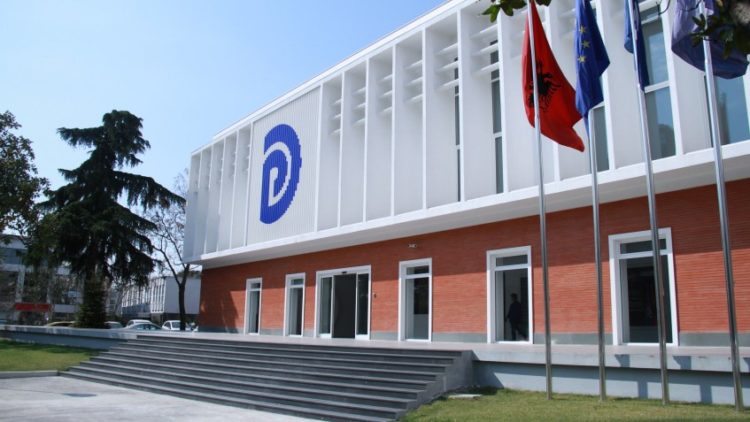Controversy rocks Democratic Party’s internal election in Tirana

Unprecedented allegations have surfaced from the Democratic Party’s (DP) internal elections in Tirana’s Administrative Unit No. 2. Candidates for the branch leader position have claimed that the voting process was manipulated to secure the victory of a preselected candidate, sparking controversy and raising concerns about the party’s commitment to democratic principles within its own ranks.
Why is this important: Tirana is Albania’s largest and most important electoral district, with the Democrats already trailing far behind the Socialists in recent opinion polls. Administrative Unit No. 2, historically a strong base for the Democrats, holds particular strategic significance. Allegations of electoral manipulation risk demotivating local party structures, discrediting DP leadership, and alienating voters further. Many observers warn that the DP seems to be repeating the same mistakes that have led to successive defeats in recent years. Meanwhile, party leader Sali Berisha has made no significant efforts to engage other opposition forces or reconcile with DP splinter groups, complicating any chances for a united challenge to the Socialists in the upcoming elections.
Context: The race for branch leader in Administrative Unit No. 2 featured candidates Irma Marku, Majlinda Prendi, and Dritan Gazidede. In the initial count, Marku emerged as the winner with 329 votes, while Prendi and Gazidede received 213 and 112 votes, respectively. However, after a recount requested by the election commission chair, Prendi’s votes inexplicably jumped to 340, making her the declared winner. Meanwhile, Gazidede’s tally dropped to 82, fueling suspicions of tampering.
Marku and Gazidede have strongly objected to the process. Marku alleged that non-members and individuals from other districts, including Kukës, were added to the voter rolls to influence the outcome. Additionally, Marku’s husband, a well-known journalist and Berisha ally, accused party officials of inflating membership and voter lists to favor Prendi. He claimed 315 legitimate members were excluded from the rolls, while 260 new names were added, many of whom were neither local residents nor DP members.
Further fueling suspicions, Sali Berisha, DP’s leader and a member of this branch, was absent on election day, raising additional questions about the process’s legitimacy.
What’s next: Discontent with the internal election process is reportedly emerging from other districts as well, raising alarms about the party’s trajectory. For many, this situation evokes memories of past controversies. One of the most controversial examples occurred in 2013 after Berisha’s resignation following a parliamentary election defeat. The leadership race at the time pitted Berisha’s preferred candidate, Lulzim Basha, against Sokol Olldashi, a veteran figure with significant contributions to the DP. Despite widespread support for Olldashi, as acknowledged by many senior Democrats, the result was allegedly manipulated to favor Basha. This decision led to internal turmoil and electoral decline from which the party has yet to recover.
Now, as dissatisfaction grows and the party faces another major crisis, the consequences of this latest controversy could be profound, particularly in Tirana, a city where the Democrats can ill afford further losses.


